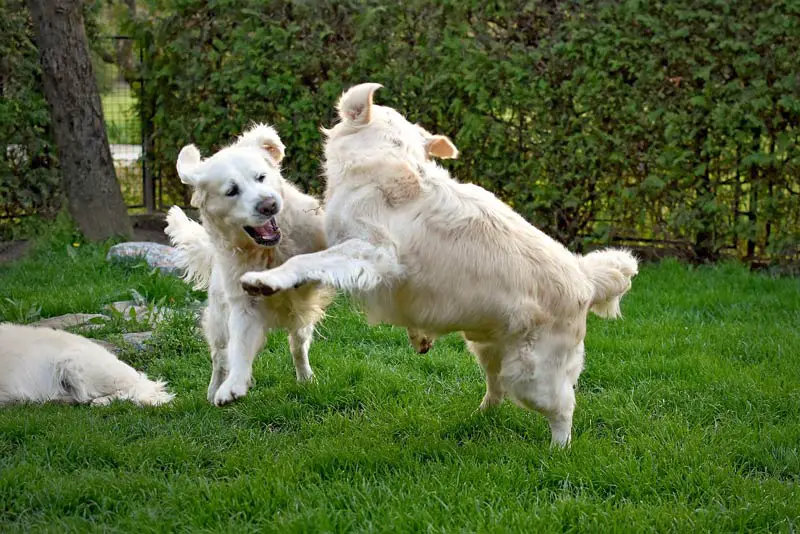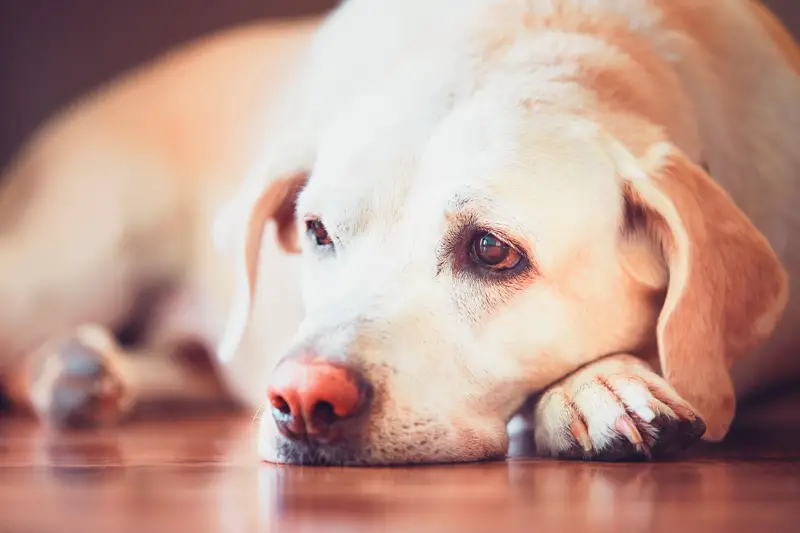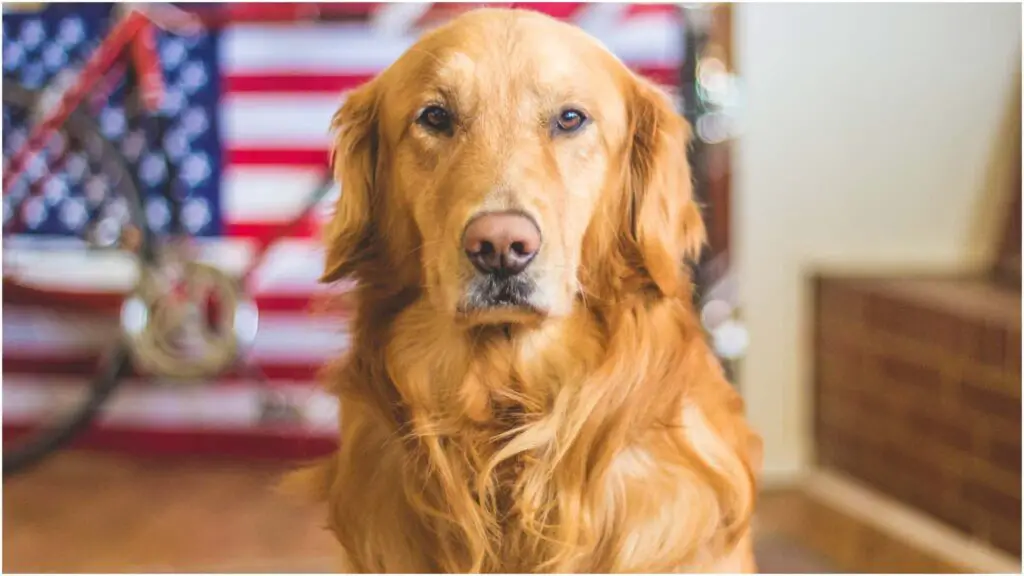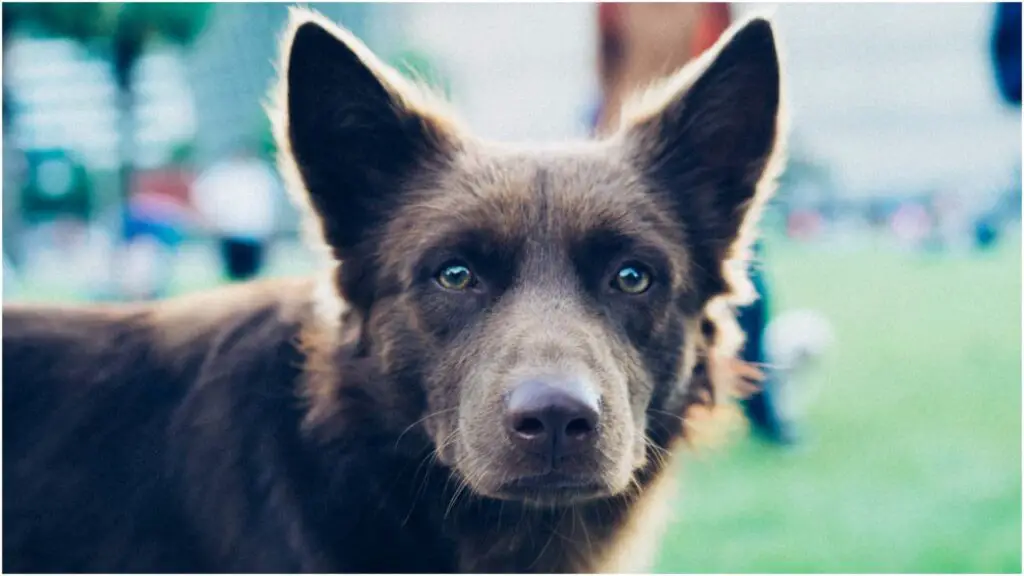Have you discovered lately that your dog isn’t pooping? They don’t want to go no matter how long you spend outside on the walks. What would you do in this situation? Is your dog sad for any reason, or are they refusing to do so because something is wrong with them?
You may undoubtedly guess that going too long without pooping can be harmful to your dog’s health. But then how long is too long? How long can they go without pooping? In this article, we’ll explain everything you need to know. So let’s get started.
As you know, excreting is a natural process of the removal of waste from the body. All the food your dog ate gets digested, and the waste material is removed by defecation. Dogs can go about 48 hours without pooping, and you should get an appointment with the vet if the dog hasn’t pooped for more than two days.
Similarly, puppies also tend to defecate more frequently than adult dogs. Here, if your puppy hasn’t relieved their tummies for more than 12 hours, it will be a cause for concern.









